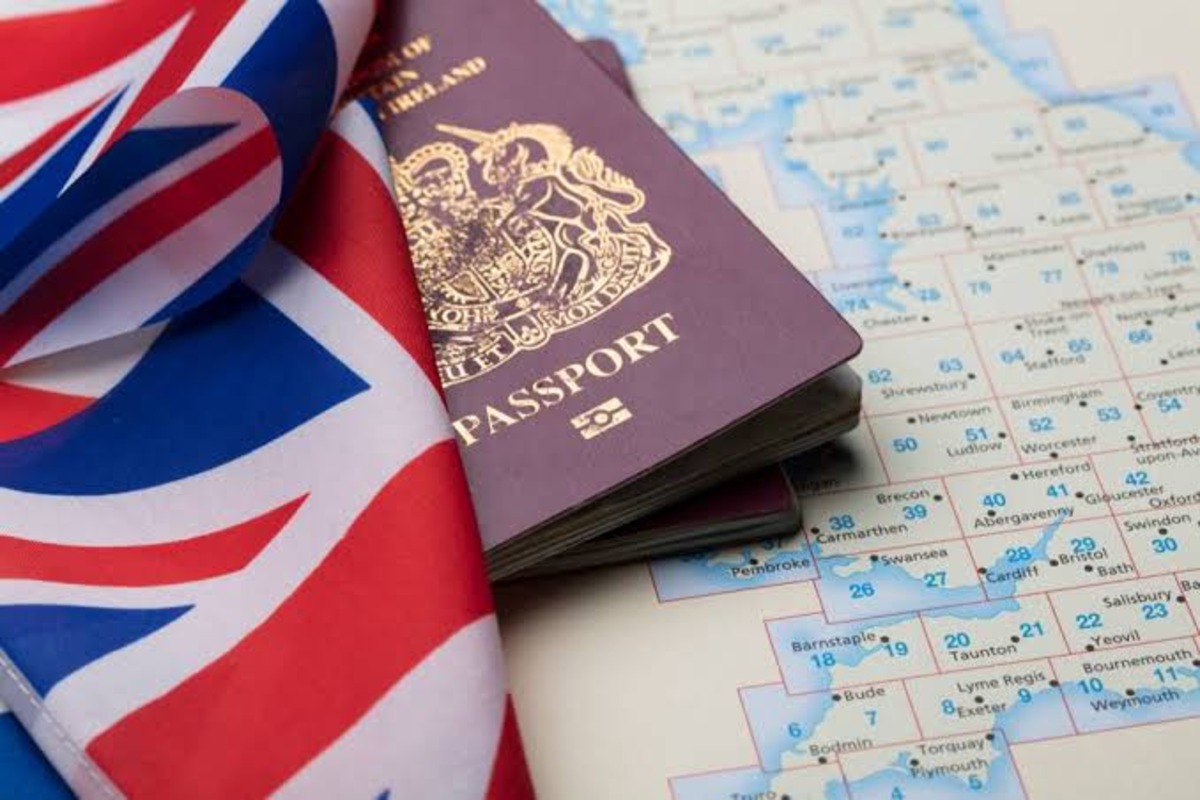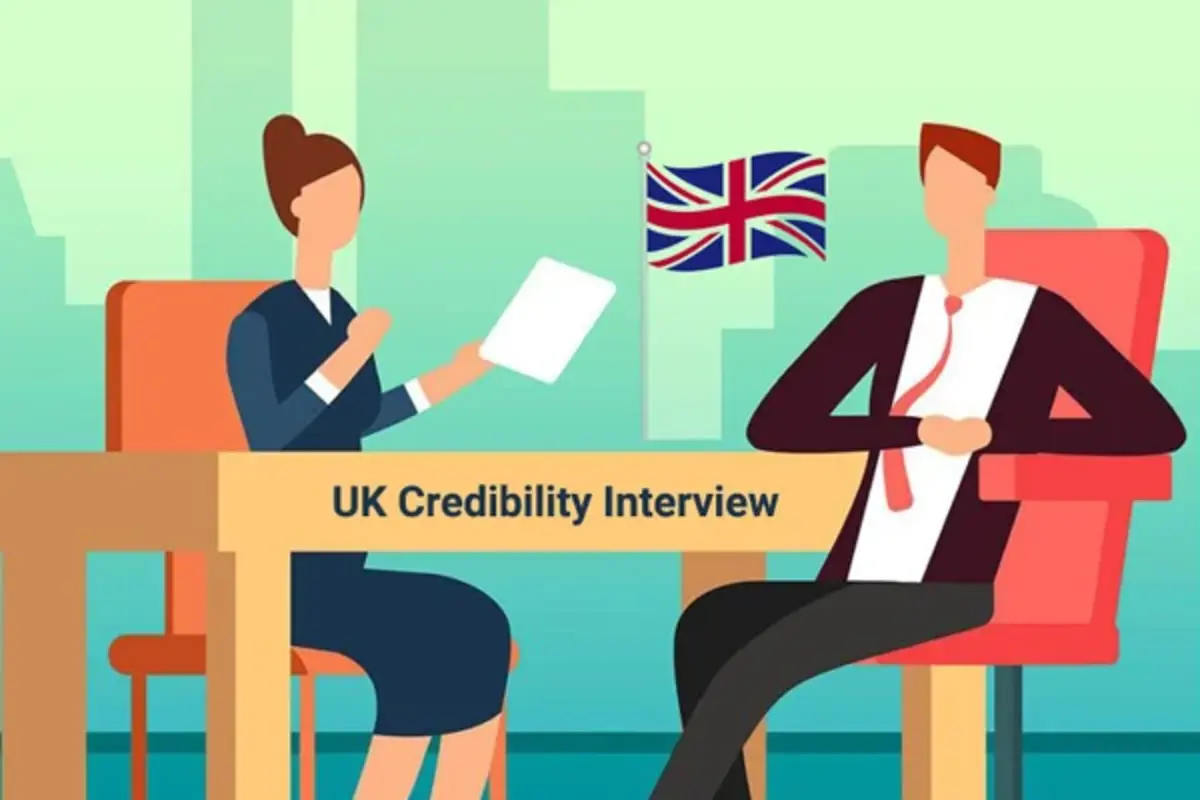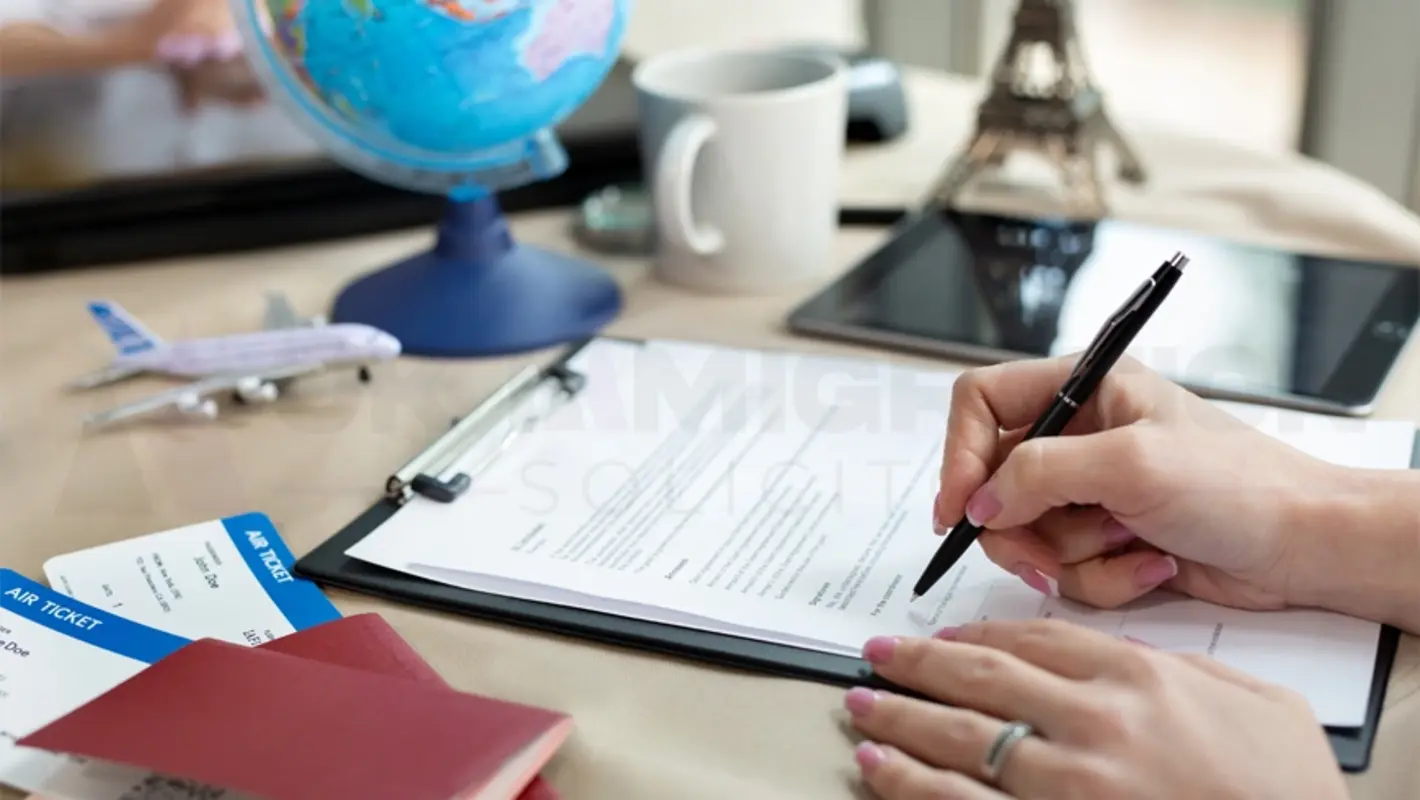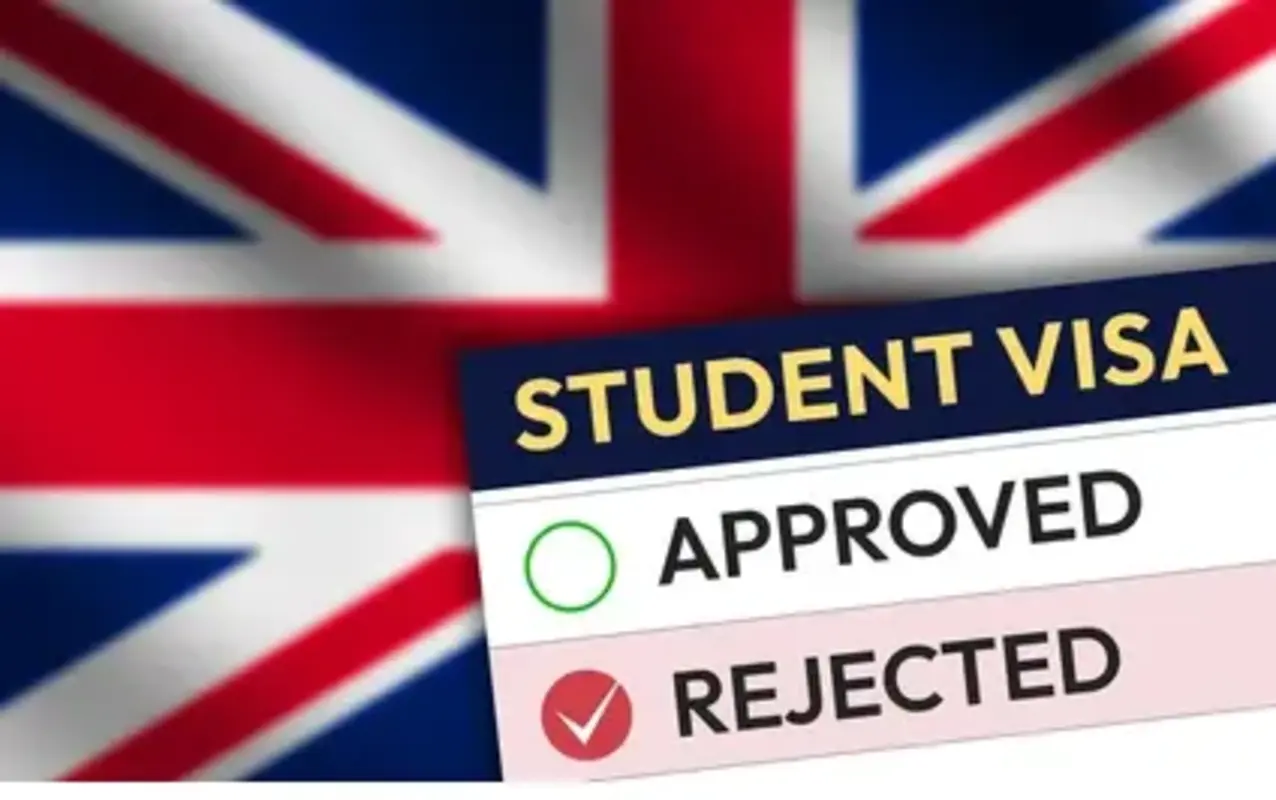Obtaining a UK student visa is a crucial step toward realizing your academic dreams in the United Kingdom. While the visa application process primarily involves document submission, the visa interview—if required—can be a make-or-break moment. It provides UK visa officials with an opportunity to assess your intent, qualifications, and readiness to study in the UK.
This guide will walk you through everything you need to know about the UK visa interview process, offering actionable tips and best practices to ensure success.
Understand The Purpose Of The Visa Interview
 The visa interview serves as an assessment tool for UK immigration authorities to determine:
The visa interview serves as an assessment tool for UK immigration authorities to determine:
- Your genuine intent to study in the UK.
- Your ability to financially support yourself during your studies.
- Your post-study plans and likelihood of returning to your home country after graduation.
- Your knowledge about your chosen course, institution, and future career path.
Know If You Are Likely To Be Interviewed
 Not every applicant is required to attend a visa interview. Interviews are more common for applicants with incomplete documentation, inconsistent information, or additional factors requiring clarification. You may be selected for an interview based on:
Not every applicant is required to attend a visa interview. Interviews are more common for applicants with incomplete documentation, inconsistent information, or additional factors requiring clarification. You may be selected for an interview based on:
- Random sampling.
- Unclear financial documentation.
- Concerns about your study intentions.
UK visa interviews often take place online via video conferencing. Some may occur at the Visa Application Centre (VAC) or at your local British embassy.
Common UK Visa Interview Questions
 Preparing for common questions will give you confidence. Expect questions in the following categories:
Preparing for common questions will give you confidence. Expect questions in the following categories:
a. About Your Course and Institution
- Why did you choose this course?
- Why did you select this university or college?
- How does this course align with your career goals?
- Do you know the location of your university?
b. About Your Financial Stability
- Who is funding your education?
- How will you manage your living expenses in the UK?
- Can you provide details about your financial sponsor?
c. About Your Intentions
- What are your plans after completing your studies?
- Will you return to your home country after your course?
- Why do you want to study in the UK instead of your home country?
d. General Questions
- Can you explain your previous academic or work experience?
- Have you traveled to the UK or other countries before?
- What do you know about UK culture?
Organize Your Supporting Documents
 Carry all relevant documents to the interview for quick reference. These typically include:
Carry all relevant documents to the interview for quick reference. These typically include:
- Passport: Ensure it is valid for the duration of your stay.
- CAS (Confirmation of Acceptance for Studies): Provided by your university, this confirms your admission.
- Financial Documents: Bank statements, sponsor letters, or scholarship details showing you can cover tuition and living expenses.
- Academic Records: Transcripts, degree certificates, and English language test scores.
- Visa Application Form and Receipt: Proof of application submission.
- Immigration Health Surcharge (IHS) Payment Proof: If applicable.
Having these documents organized and accessible reflects preparedness and credibility.
Practice Interview Etiquette
 First impressions matter. The way you present yourself can influence the outcome of your visa interview.
First impressions matter. The way you present yourself can influence the outcome of your visa interview.
a. Dress Professionally
- Wear formal or business casual attire. This shows respect and seriousness about your application.
b. Arrive on Time
- Punctuality demonstrates professionalism. If it’s an online interview, ensure your setup is ready at least 15 minutes in advance.
c. Use Positive Body Language
- Sit upright, maintain eye contact, and smile. These gestures convey confidence and sincerity.
d. Be Polite
- Address the interviewer respectfully and avoid interrupting them while they speak.
Communicate Clearly
 a. Speak Confidently
a. Speak Confidently
- Avoid mumbling or speaking too fast. Take your time to articulate your responses clearly and concisely.
b. Be Honest
- If you don’t know the answer to a question, admit it rather than guessing. False information can lead to visa rejection.
c. Keep Your Answers Relevant
- Stay on topic and avoid unnecessary details. Direct answers are more effective.
Show Genuine Intentions
 Visa officers want to ensure you are a genuine student with no hidden motives. Here’s how you can demonstrate sincerity:
Visa officers want to ensure you are a genuine student with no hidden motives. Here’s how you can demonstrate sincerity:
a. Knowledge About Your Course
- Be well-informed about your course modules, duration, and its relevance to your career.
b. Research Your University
- Familiarize yourself with your university’s location, facilities, and reputation.
c. Highlight Career Goals
- Explain how studying in the UK aligns with your long-term career objectives.
d. Acknowledge Your Return Plans
- While you may qualify for post-study work opportunities, it’s essential to state your intent to return home after achieving your goals.
Prepare For Scenario-Based Questions
Some visa officers may ask situational questions to assess your problem-solving skills or understanding of UK life. For instance:
- What would you do if your financial sponsor couldn’t provide funds?
- How would you handle cultural differences or homesickness in the UK?
Answer thoughtfully, showcasing your adaptability and preparation.
Leverage Mock Interviews
Mock interviews are an excellent way to practice and receive constructive feedback. Many education consultancies, like Z.J Consultants, offer this service to help you prepare. Record your practice sessions to identify areas for improvement.
Handle Technical Challenges For Online Interviews
If your visa interview is conducted online, ensure your technical setup is reliable:
- Check Your Internet Connection: Use a stable and high-speed connection.
- Test Your Equipment: Confirm your camera, microphone, and speakers are working correctly.
- Choose a Quiet Location: Avoid noisy or distracting environments.
- Eliminate Interruptions: Inform household members or colleagues not to disturb you during the interview.
Manage Stress And Anxiety
Practice Relaxation Techniques
- Deep breathing exercises can help calm your nerves before the interview.
b. Think Positively
- Visualize a successful outcome. Confidence can significantly impact your performance.
c. Prepare Thoroughly
- The more prepared you are, the less anxious you’ll feel.
What To Do If Your Visa Is Denied
 In case of rejection, remain calm. Common reasons include insufficient financial proof, incomplete documentation, or unclear study intentions. Review the rejection letter, address the concerns, and consider reapplying.
In case of rejection, remain calm. Common reasons include insufficient financial proof, incomplete documentation, or unclear study intentions. Review the rejection letter, address the concerns, and consider reapplying.
How Z.J Consultants Can Help
At Z.J Consultants, we specialize in guiding students through every step of their UK visa journey. From preparing documentation to conducting mock interviews, our expert team ensures you’re fully prepared to make a strong impression.
Take the stress out of your UK visa process—contact Z.J Consultants today and turn your academic dreams into reality!



